
Shot on location in Cambodia, including many scenes in actual brothels in the notorious red light district of Phnom Penh, HOLLY is a captivating, touching and emotional experience. Patrick, an American card shark and dealer of stolen artifacts, has been ‘comfortably numb’ in Cambodia for years, when he encounters Holly, a 12-year-old Vietnamese girl, in the K11 red light village. The girl has been sold by her impoverished family and smuggled across the border to work as a prostitute.
You May Also Like

The commander of a Texan fort in the Civil War refuses to surrender to the Northerners, and tries to buy the local Indian tribe chief’s daughter. The sage man refuses, and the Southerners massacre the tribe and abduct the young squaw anyway. The noble squaw manages to escape, and hides out with a rough rancher, who dislikes Indians, but hates the Southerners more. The odd couple joins forces, and tactics, to exert ultimate vengeance on the men at the fort.
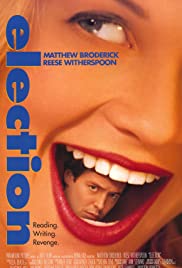
A high school teacher’s personal life becomes complicated as he works with students during the school elections.

It all starts at daybreak, three young surfers on the raging seas. A few hours later, on the way home, an accident occurs. Now entirely hooked up to life-support in a hospital in Le Havre, Simon’s existence is little more than an illusion. Meanwhile, in Paris, a woman awaits the organ transplant that will give her a new lease on life.

In a small Turkish town, two young tuberculous poets try to survive while publishing their poems. As they both fall in love, their life would never be the same.
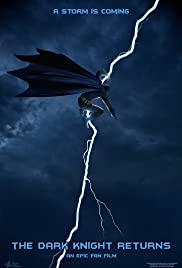
Adapted from Issue #1 of Frank Miller’s seminal 1986 comic series, filmmaker Wyatt Weed (“Shadowland,” “Four Color Eulogy”) offers his unofficial fan’s take on the Batman mythos. Following the death of Robin at the hands of the Joker, Bruce Wayne (Weed) hung up the cowl and cape 10 years ago. But now Gotham City is in the grip of a violent crime wave, and the venerable 55-year-old billionaire has to decide if the time is right for the Caped Crusader’s return. (This production is non-profit and is for entertainment purposes only. The production is in no way associated with DC Comics or Time Warner.)


Horace, a 8 years old boy, who still believes in Santa Clause, received as a Christmas gift a day at the mall. What ought to be a normal Christmas day turns into an adventure when Horace loses his mother. He mets John, a pickpocket disguised as Santa Clause, who was in the middle of an illegal operation. Unlike the Santas on TV, John doesn’t seem to like children. Althought, the boy is convinced that this is the real Santa Clause and tail of it, causing all sorts of trouble as dangerous, as funny. Finally John finds the magic of Christmas and Horace discovers that miracles indeed, occur.
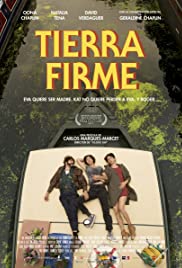
Eva and Kat enjoy a carefree existence on their houseboat on a London canal. Until Eva’s dream of becoming a mother is reignited by the death of their pet. Kat just wants to get a new cat. But when Kat’s best friend, Roger, visits from Barcelona, they decide in a moment of drunkenness that he can be Eva’s sperm donor. But what are the consequences for the lesbian couple, the biological father, the child and their relationships with one another?
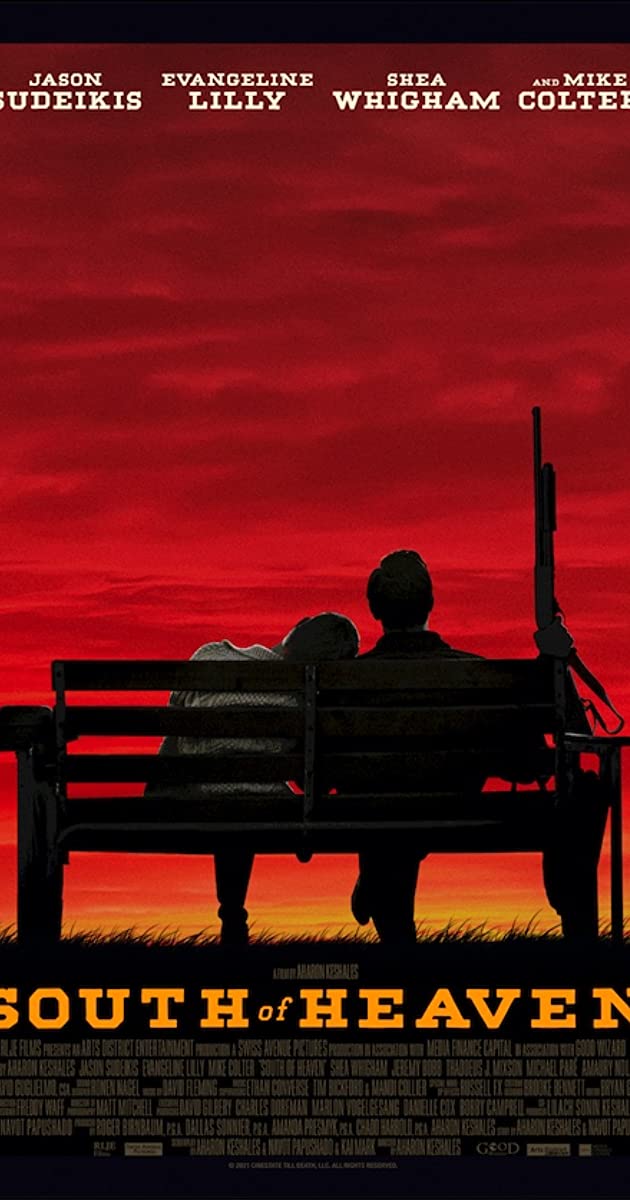
Convicted felon Jimmy gets early parole after serving twelve years for armed robbery. Upon his release, he vows to give Annie, his childhood love, now dying from cancer, the best last year of her life – unfortunately it’s not that simple.
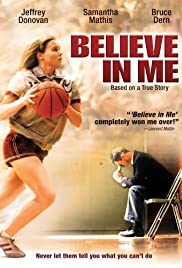
In a conservative small town, a young man’s wish to coach high school basketball are tweaked by a school board decision that makes him the new coach of the girls’ team.
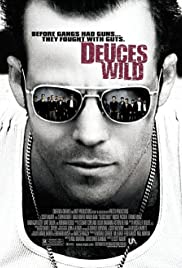
1950s New York City. A bad and bloody gang war is about to erupt on the dysfunctional streets of Brooklyn. The Deuces at war with the vicious Vipers. Scott Kalvert directs this tale of lust, drugs, mayhem and madness during one hot summer on the streets of New York.
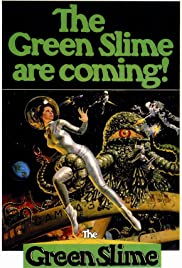
A giant asteroid is heading toward Earth so some astronauts disembark from a nearby space station to blow it up. The mission is successful, and they return to the station unknowingly bringing back a gooey green substance that mutates into one-eyed tentacled monsters that feed off electricity. Soon the station is crawling with them, and people are being zapped left and right!